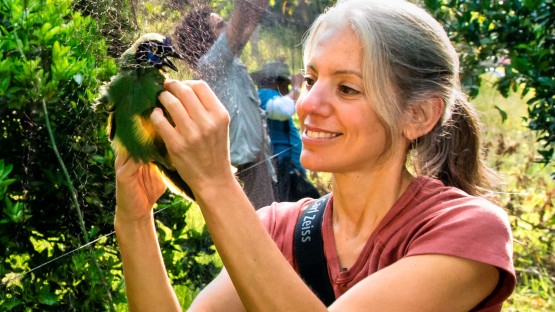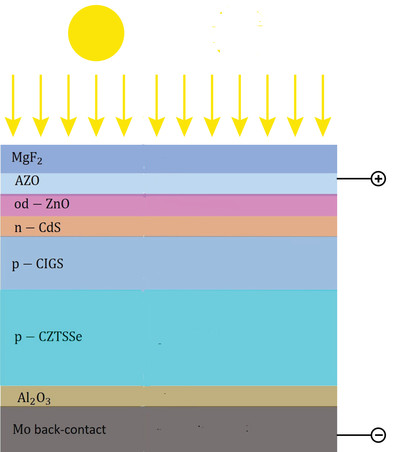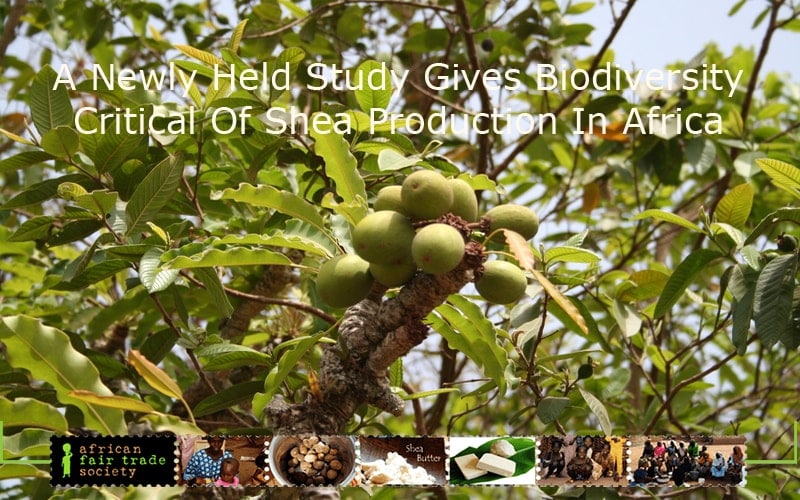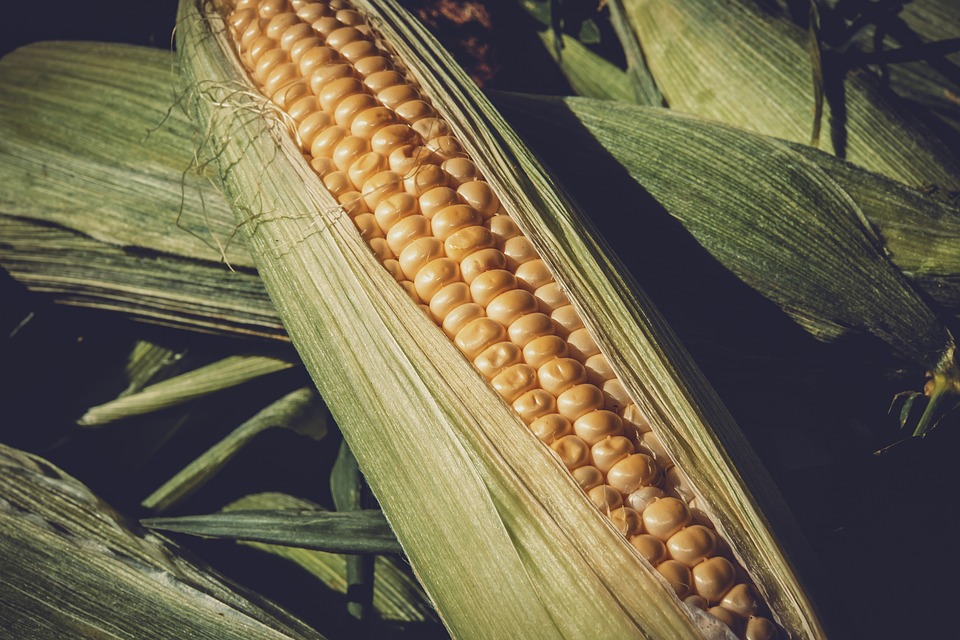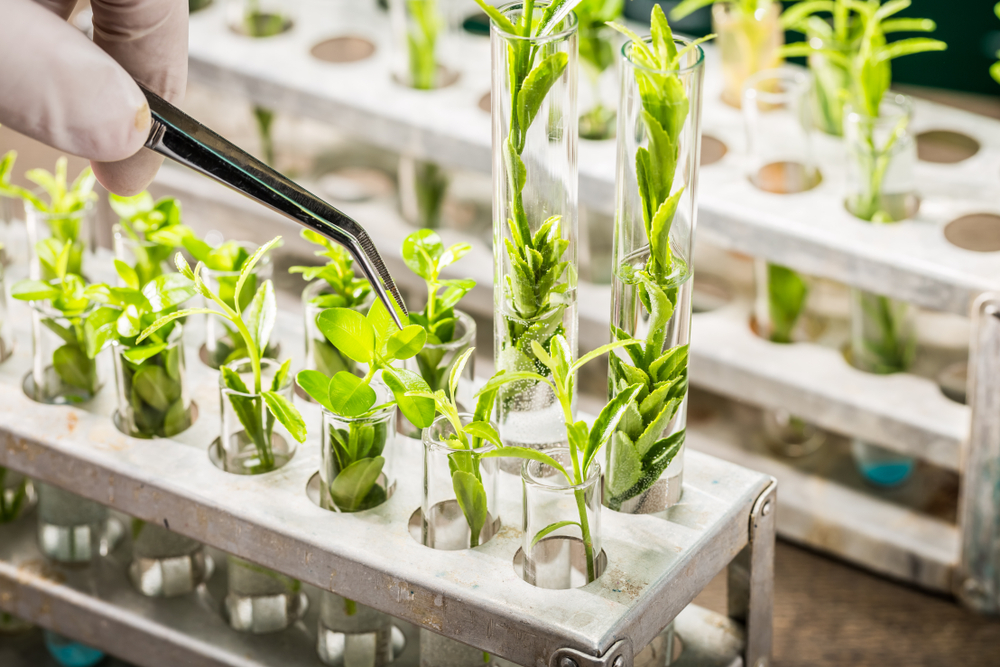10/26/2020 SOURCE: www.farmprogress.com
Slideshow: The two-year study examined factors that affect chopping efficiency.
Cornell study looks at corn silage chopping efficiency
-
(0)
-
Bookmark
- Comments. (0)
09/24/2020 SOURCE: news.cornell.edu
Ecologists Aaron Rice and Amanda Rodewald are working with Migrations: A Global Grand Challenge, part of Global Cornell, to understand how human impacts and activities affect animals and the ecosystems we all share.
Migrations research highlights human impacts on environment | Cornell Chronicle
-
(0)
-
Bookmark
- Comments. (0)
09/16/2020 SOURCE: news.psu.edu
Solar cells have come a long way, but inexpensive, thin film solar cells are still far behind more expensive, crystalline solar cells in efficiency. Now, a team of researchers suggests that using two thin films of different materials may be the way to go to create affordable, thin film cells with about 34% efficiency.
Theoretically, two layers are better than one for solar-cell efficiency | Penn State University
-
(0)
-
Bookmark
- Comments. (0)
 John LaRose Jr.
John LaRose Jr.
Topics: Education U.S. NorthEast, Beekeeping, Crop Diseases, Research, Genes /Genetics, World Hunger, Ag Africa, Plant Breeding,
A newly held study gives biodiversity critical of Shea production in Africa - africanfairtradesociety
According to a recent study led by scientists from Trinity College Dublin, Shea yield is likely to benefit varieties of shrubs and trees in parkland habitats in West Africa.
-
(0)
-
Bookmark
- Comments (0)
 John LaRose Jr.
John LaRose Jr.
Topics: Soil Health, Education U.S. NorthEast, Water, Sustainability, Crop Diseases, Research, World Population,
Virginia researchers studying 'the sound of plants dancing' to improve agriculture
What do dancing plants sound like?
-
(0)
-
Bookmark
- Comments (1)
 John LaRose Jr.
John LaRose Jr.
Topics: Precision AG , Education U.S. NorthEast, Beekeeping, Economics, Sustainability, World Hunger, World Population,
Bee neighborly — sharing bees helps more farmers
Benefits of cost-sharing the conservation of wild bee habitats with farmers can help overcome the tragedy of the commons
-
(0)
-
Bookmark
- Comments (0)
09/04/2020 SOURCE: phys.org
New research has revealed the locations and industries in the U.S. where efforts to improve water consumption would have the greatest benefit for economic activity and the environment.
Study identifies first step to beating water scarcity
-
(0)
-
Bookmark
- Comments. (0)
 John LaRose Jr.
John LaRose Jr.
Topics: Agriculture US, Education U.S. NorthEast, Gardening, Sustainability, Regenerative Agriculture,
The Chabad Farm House: 25 Acres of Judaism in New York’s Hudson Valley - Hebrew school is in the barn, and there’s a rustic kosher market amid wildflowers
-
(0)
-
Bookmark
- Comments (0)
 John LaRose Jr.
John LaRose Jr.
Topics: Soil Health, Agriculture US, Education U.S. NorthEast, Agriculture Global, World Hunger, Climate Change, World Population,
Key to feeding world in next agricultural revolution? The microbiome,
The key to the next agricultural revolution? A national task force releasing a scientific paper today says the answer lies in the microbiome – the communities of microorganisms that co-exist on, in an
-
(0)
-
Bookmark
- Comments (0)
08/20/2020 SOURCE: modernfarmer.com
Plant breeding has been peddled as an important weapon in the fight against food insecurity. Tapping into a crop’s genetics lets scientists create new and improved plant versions that are more resilient to drought, rising temperatures and pests. Across the United States, breeding programs in public institutions like universities play a big role in this process and train the next generation of plant breeders. But recently released research shows the industry could be at risk. A new paper, published in the journal Crop Science, finds that the number of breeders in these programs is shrinking significantly. Researchers at Washington State
America’s Public Plant Breeding Programs Are In Trouble
-
(0)
-
Bookmark
- Comments. (0)



